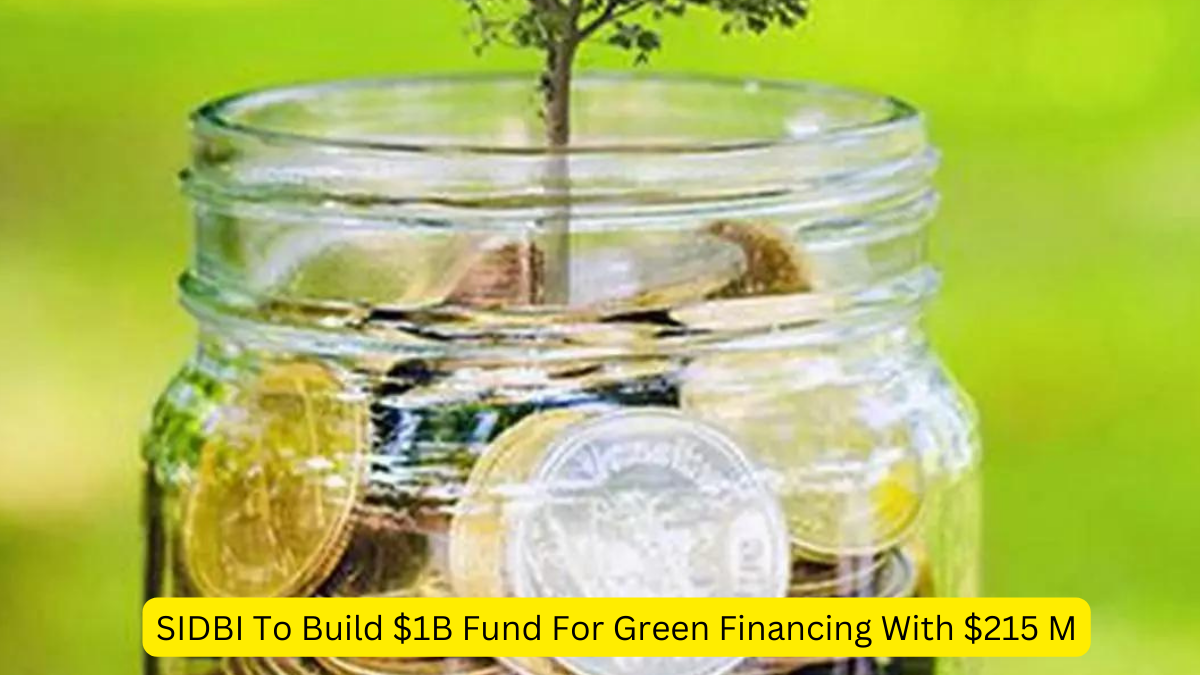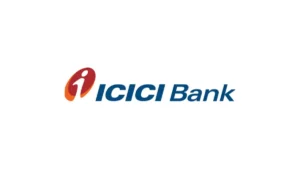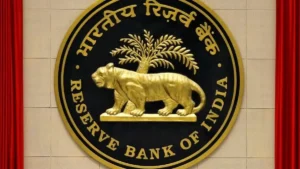The Small Industries Development Bank of India (SIDBI), which received approval of funding of $ 215.6 m from the Green Climate Fund, will create a corpus of $1 billion for ‘financing mitigation and adaptation projects’ (FMAP) of Medium and Small Enterprises (MSMEs). The board of the Green Climate Fund, which is an entity set up by the United Nations Framework Convention on Climate Change (UNFCCC), approved a $200 million loan and $15.6 million grant for capacity building to SIDBI.
10,000 concessional loans to MSMEs
A press release issued by SIDBI says that the FMAP facility would provide “nearly 10,000 concessional loans to MSMEs”, to promote low-emission, climate-resilient technologies. The FMAP programme is expected to result in a reduction in greenhouse gas emissions to the tune of 35.3 million tonnes. Adaptation activities would lead to “substantial water savings” and building resilience in vulnerable communities, “benefiting more than 10.8 million beneficiaries.
Partly from DFI and partly from market
The development financial institution would bring in another $ 800 m, partly from its balance sheet and partly raised from the market – to form a fund of $ 1 billion. The fund will provide a ‘FMAP facility’ for MSMEs, for projects such as renewable energy, energy efficiency, energy storage and e-mobility. Notably, this comes close on the heels of the Asian Development Bank approving $240 m for lending for rooftop solar projects in India, which was announced on July 17. The ADB loan is to be routed through the State Bank of India and NABARD.
What is Green Climate Fund (GCF)
The Green Climate Fund (GCF), is “the world’s largest dedicated climate fund”. It is an operating entity of the financial mechanism of the United Nations Framework Convention on Climate Change (UNFCCC). The fund has a portfolio of 270 projects worth USD 14.9 billion ($58.7 billion including co-financing) for transformative climate action in 130 developing countries. The loan to SIDBI is part of funding approvals worth $1 billion for 17 projects in 35 developing countries.




 PhonePe Launches AI-Powered Natural Lang...
PhonePe Launches AI-Powered Natural Lang...
 ICICI’s New Swasthya Pension Scheme: A S...
ICICI’s New Swasthya Pension Scheme: A S...
 RBI’s New Rulebook: UTI Required for All...
RBI’s New Rulebook: UTI Required for All...








